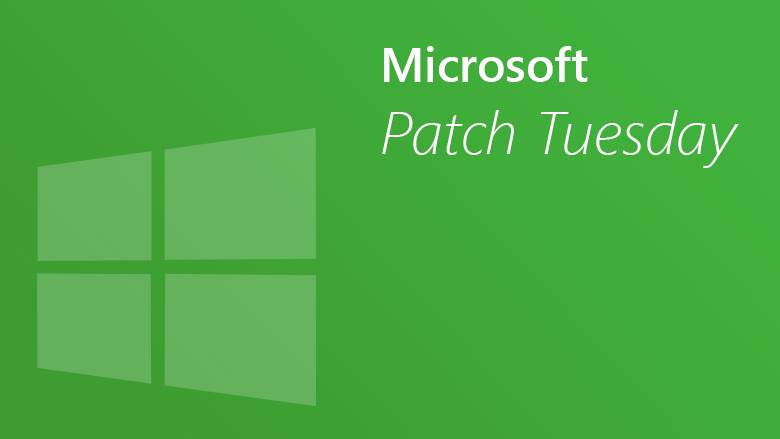Multiple High-risk Vulnerabilities in Microsoft Products Alert
On July 15, 2020, Microsoft officially released the July security update, and the incident level was serious. This security update patches for 123 vulnerabilities, mainly covering the Windows operating system, commercial version of Skype, IE/Edge browser, ChakraCore, Visual Studio, .Net Framework, Azure DevOps, Office and Office services and web applications, Microsoft Malware protection engine. July Patch Tuesday includes 18 serious vulnerabilities and 105 high-risk vulnerabilities.

Vulnerability details
CVE-2020-1350 | Windows DNS Server Remote Code Execution Vulnerability
A remote code execution vulnerability exists in Windows Domain Name System servers when they fail to properly handle requests. An attacker who successfully exploited the vulnerability could run arbitrary code in the context of the Local System Account. Windows servers that are configured as DNS servers are at risk from this vulnerability.
CVE-2020-1025 | Microsoft Office Elevation of Privilege Vulnerability
An elevation of privilege vulnerability exists when Microsoft SharePoint Server and Skype for Business Server improperly handle OAuth token validation. An attacker who successfully exploited the vulnerability could bypass authentication and achieve improper access.
To exploit this vulnerability, an attacker would need to modify the token.
CVE-2020-1147 | .NET Framework, SharePoint Server, and Visual Studio Remote Code Execution Vulnerability
A remote code execution vulnerability exists in .NET Framework, Microsoft SharePoint, and Visual Studio when the software fails to check the source markup of XML file input. An attacker who successfully exploited the vulnerability could run arbitrary code in the context of the process responsible for deserialization of the XML content.
To exploit this vulnerability, an attacker could upload a specially crafted document to a server utilizing an affected product to process content.
CVE-2020-1349 | Microsoft Outlook Remote Code Execution Vulnerability
A remote code execution vulnerability exists in Microsoft Outlook software when it fails to properly handle objects in memory. An attacker who successfully exploited the vulnerability could use a specially crafted file to perform actions in the security context of the current user. For example, the file could then take actions on behalf of the logged-on user with the same permissions as the current user.
To exploit the vulnerability, a user must open a specially crafted file with an affected version of Microsoft Outlook software. In an email attack scenario, an attacker could exploit the vulnerability by sending the specially crafted file to the user and convincing the user to open the file. In a web-based attack scenario, an attacker could host a website (or leverage a compromised website that accepts or hosts user-provided content) that contains a specially crafted file that is designed to exploit the vulnerability. However, an attacker would have no way to force the user to visit the website. Instead, an attacker would have to convince the user to click a link, typically by way of an enticement in an email or Instant Messenger message, and then convince the user to open the specially crafted file.
In this regard, we recommend that users upgrade their Windows components to the latest version in a timely manner. The Microsoft Windows version should be updated in a timely manner and keep Windows automatic update enabled.





